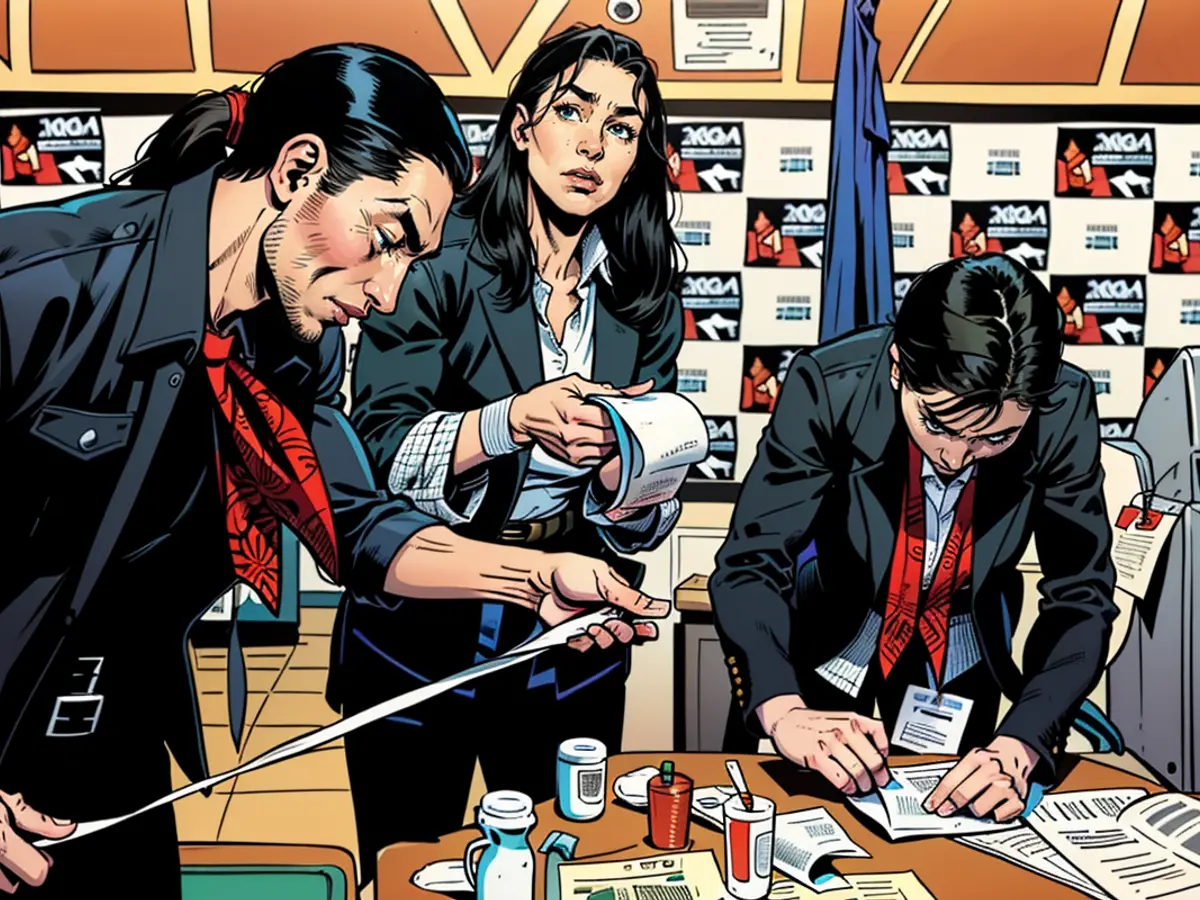Elections - Preliminary results: Mongolian People's Party wins election
The Mongolian People's Party (MVP) won the parliamentary election in Mongolia, but lost a significant portion of their overwhelming majority, according to preliminary results. The previously uncontested party secured 68 seats out of 126 in the Great State Hural and maintained only a narrow majority, as reported by Mongolian media on Saturday. The incumbent Prime Minister Luvsannamsrai Oyun-Erdene declared the MVP the winner. In the previous election, the party had won 62 seats in the parliament, which at the time had 76 members.
The opposition gained significant ground in this ninth parliamentary election since the democratic transition in 1990. Observers attributed this to the population's desire for change. The Democratic Party from the center-right camp won 42 seats, and the Hun Party gained 8 seats. Two other splinter parties share the remaining 8 seats. The voter turnout was approximately 69%, according to the state news agency Montsame. Over 2 million people in the country, which is surrounded by Russia and China, were called to vote.
Changed Electoral System
The territory of resource-rich Mongolia is more than four times the size of Germany, yet it has only about 3.4 million inhabitants. The former socialist People's Republic of Mongolia elected with a changed electoral system. Forty-eight seats were allocated through a party list, and 78 seats were determined through direct elections. The Great State Hural in the capital Ulan Bator grew from 76 to 126 parliamentary seats.
Mongolia is considered an important democratic buffer between the two autocratic neighbors, China and Russia. Ulan Bator has long sought to maintain a balanced relationship with its neighbors, from whom Mongolia is heavily dependent. Almost all oil products come from Russia, and more than 90% of Mongolia's total exports go to China, primarily coal. Domestically, Mongolia faces corruption in politics, which has led to decreasing trust from the population.
- Despite China being a neighboring country, Mongolia's parliamentary election saw a significant shift, with the opposition parties, including the Democratic Party and the Hun Party, gaining seats, challenging the dominant Mongolian People's Party (MVP) that has been influenced by China's politics.
- The Democratic Party, based in the center-right sector, emerged as a strong contender in the parliamentary election held in Ulan Bator, the capital city of Mongolia, securing 42 seats, while Russia, another neighboring country, watched the election proceedings closely.
- The Mongolian Parliament, with its expanded size of 126 seats due to a changed electoral system, held a parliamentary election in which the Mongolian People's Party (MVP) lost a portion of their majority, marking a significant shift in Mongolia's political landscape, with Russia and China closely observing the elections in their neighboring country.








